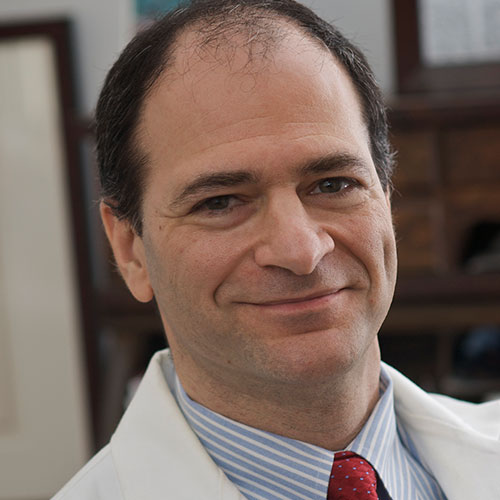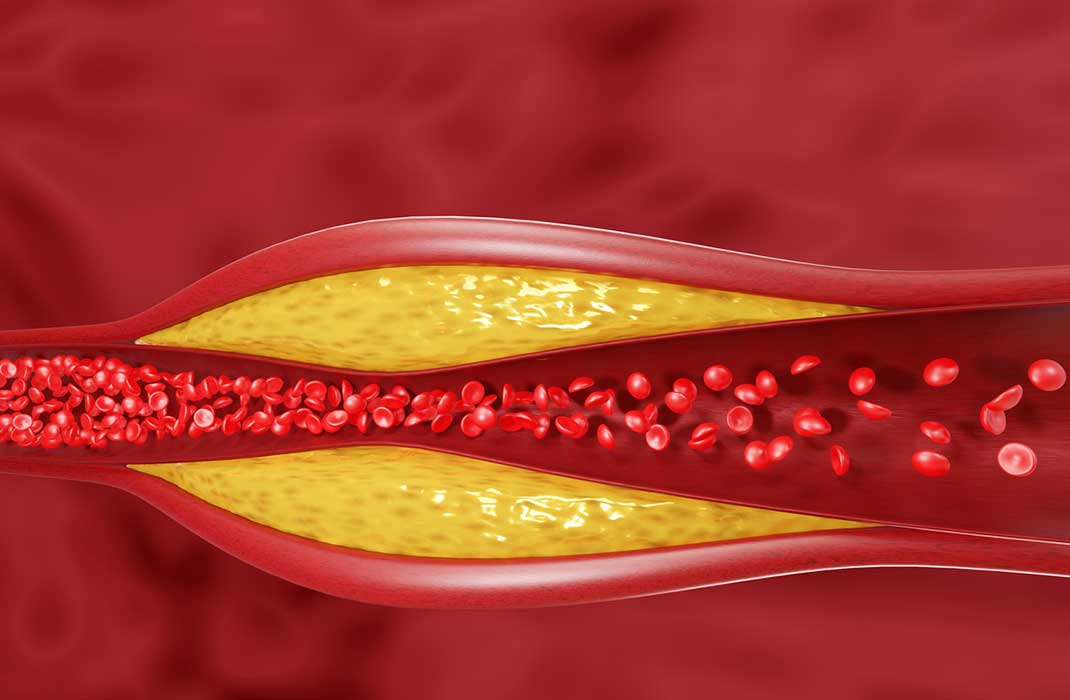-
- Find Care
-
- Visitor Information
- Find a Location
- Shuttles
- Visitor Policies
-
-
-
- Our Virtual Care Options
- Virtual Urgent Care
- Virtual Visits for Primary & Specialty Care
- Online Second Opinions
- Participate in Research
-
- Contact us
-
- For Innovators
- Commercialization Guide for Innovators
-
-
- Research News
- Alzheimer's Disease
- Artificial Intelligence
-
- Overview
-
- Overview
- Getting Started
- New to Mass General Brigham
- International Patient Services
- What Is Patient Gateway?
- Planning Your Visit
- Find a Doctor (opens link in new tab)
- Appointments
- Patient Resources
- Health & Wellness
- Flu, COVID-19, & RSV
- Billing & Insurance
- Financial Assistance
- Medicare and MassHealth ACOs
- Participate in Research
- Educational Resources
- Visitor Information
- Find a Location
- Shuttles
- Visitor Policies
- Find Care
-
- Overview
- Our Virtual Care Options
- Virtual Urgent Care
- Virtual Visits for Primary & Specialty Care
- Online Second Opinions
-
- Overview
- Participate in Research
-
- Overview
- About Innovation
- About
- Team
- News
- For Industry
- Venture Capital and Investments
- World Medical Innovation Forum (opens link in new tab)
- Featured Licensing Opportunities
- For Innovators
- Commercialization Guide for Innovators
- Contact us
-
- Overview
- Information for Researchers
- Compliance Office
- Research Cores
- Clinical Trials
- Advisory Services
- Featured Research
- Two Centuries of Breakthroughs
- Advances in Motion (opens link in new tab)
- Brigham on a Mission (opens link in new tab)
- Gene and Cell Therapy Institute
- Research News
- Alzheimer's Disease
- Artificial Intelligence
-
- Overview
-
- Overview
- Residency & fellowship programs
- Brigham and Women's Hospital
- Massachusetts General Hospital
- Mass Eye and Ear
- Newton-Wellesley Hospital
- Salem Hospital
- Integrated Mass General Brigham Programs
- Centers of Expertise
- Global & Community Health
- Health Policy & Management
- Healthcare Quality & Patient Safey
- Medical Education
- For trainees
- Prospective trainees
- Incoming trainees
- Current trainees
- Continuing Professional Development
High Cholesterol Treatments

High cholesterol (hyperlipidemia) affects 2 out of 5 Americans, according to the Centers for Disease Control and Prevention (CDC) — and it puts all those people at higher risk of potentially fatal heart attack and stroke.
The good news is that safe and effective high cholesterol treatments can cut your risk for heart attack and stroke by 30%, says Mass General Brigham cardiologist Paul Ridker, MD, MPH. Dr. Ridker cares for patients at Brigham and Women’s Hospital. “We’ve seen dramatic reductions over time in fatalities from heart disease, and it's due to lifestyle changes and pharmacologic interventions.”
What does high cholesterol mean?
Your body needs cholesterol to function properly. Cholesterol is a type of fat. Some of the cholesterol your body requires is produced by the liver. But you also get it in foods that come from animals as well as some tropical oils.
Cholesterol travels throughout the body in the bloodstream. If you have hyperlipidemia (excess levels of cholesterol and fat in the blood), the excess cholesterol can build up on the walls of blood vessel in the form of plaque. This a condition called atherosclerosis (narrowing of arteries). When it happens in the arteries that supply the heart with blood, it’s called atherosclerotic cardiovascular disease (ASCVD). ASCVD can lead to stroke and heart attack.
Cholesterol has three major components, measured in milligrams per deciliter (mg/dL) by a simple blood test:
Low-density lipoprotein (LDL): “Bad” cholesterol that accumulates in arteries
High-density lipoprotein (HDL): “Good” cholesterol, which helps remove LDL from the bloodstream
Triglycerides: Fats that can contribute to arterial buildup along with high LDL and low HDL
For most people, the important number to know is your LDL. Some people have genetically high levels of LDL (familial hyperlipidemia), but even moderate levels are troublesome if you’re at risk of having a heart attack or stroke.
“Guidelines from the American Heart Association (AHA) and the American College of Cardiology (ACC) suggest that we get LDL down to less than 100 mg/dL for people who have never had a heart attack or stroke. It should be less than 70 mg/dL in people who have already experienced heart attack or stroke,” Dr. Ridker says.
What to do for high cholesterol
Lifestyle changes
Lifestyle changes aren’t always easy, but they can have a big impact on reducing high LDL cholesterol. Focus on these changes:
Quit smoking. “The most important risk factor by far is cigarette consumption. It's a very tough habit to kick, but it's also extremely dangerous,” says Dr. Ridker.
Lose weight and eat healthy foods low in cholesterol. It can be vegetarian, vegan, or include lean animal protein. “Try to eat healthy foods as much as possible, such as grains, legumes, vegetables, fish, and chicken. But when you want to cheat, go have a nice day and then get back on your regular diet again right away,” says Dr. Ridker.
Get more exercise. “There are lots of ways to keep exercise in your life, even for people who say they don't have the time,” he says. For instance, park your car at the back of the parking lot and walk, or take the stairs instead of the elevator.
Cholesterol medications
When lifestyle changes aren’t enough to manage cholesterol, medication can help. “As with any intervention, you need to discuss your personal risks and benefits with your doctor. But for the vast majority of patients, this is the recommended way to go,” says Dr. Ridker.
Statins are medications that can reduce cholesterol production in the liver, such as atorvastatin (Lipitor®), rosuvastatin calcium (Crestor®), and simvastatin (Zocor®). “Statin therapy is by far our first line drug intervention to lower cholesterol. The vast majority of patients can tolerate these drugs very well,” says Dr. Ridker.
People who can’t take statins or who have genetic high cholesterol have other medication options. Some work in the liver, while others target cholesterol absorption in the intestine.
“We're in an era now where almost everybody can get cholesterol down with one of these various types of drugs. It's a very wonderful time in terms of treatment,” Dr. Ridker says.
When to start high cholesterol treatment
Don’t put off addressing high cholesterol. If you have moderate risk for cardiovascular disease, your doctor may recommend lifestyle changes for several months, followed by a blood test. If your LDL is still high, your doctor may recommend medication. If you already have heart disease or have risk associated with genetic causes of high LDL, your doctor may prescribe medication right away.
“We know from long-term studies that go on for 25 or 30 years that you can start to lower your cardiovascular risk at any point in time. If you didn't start 20 years ago, start today,” Dr. Ridker says. “It's great if we can get our kids and our younger loved ones to follow a healthier lifestyle early. But for those of us who are a bit older, start now. It really will make a big difference.”








